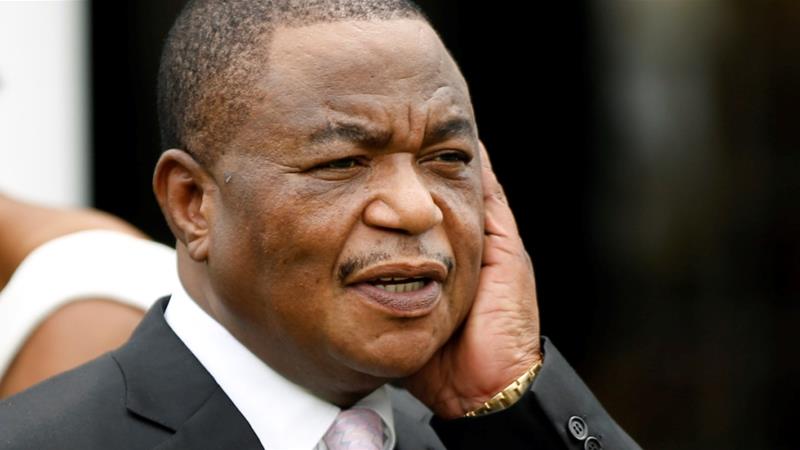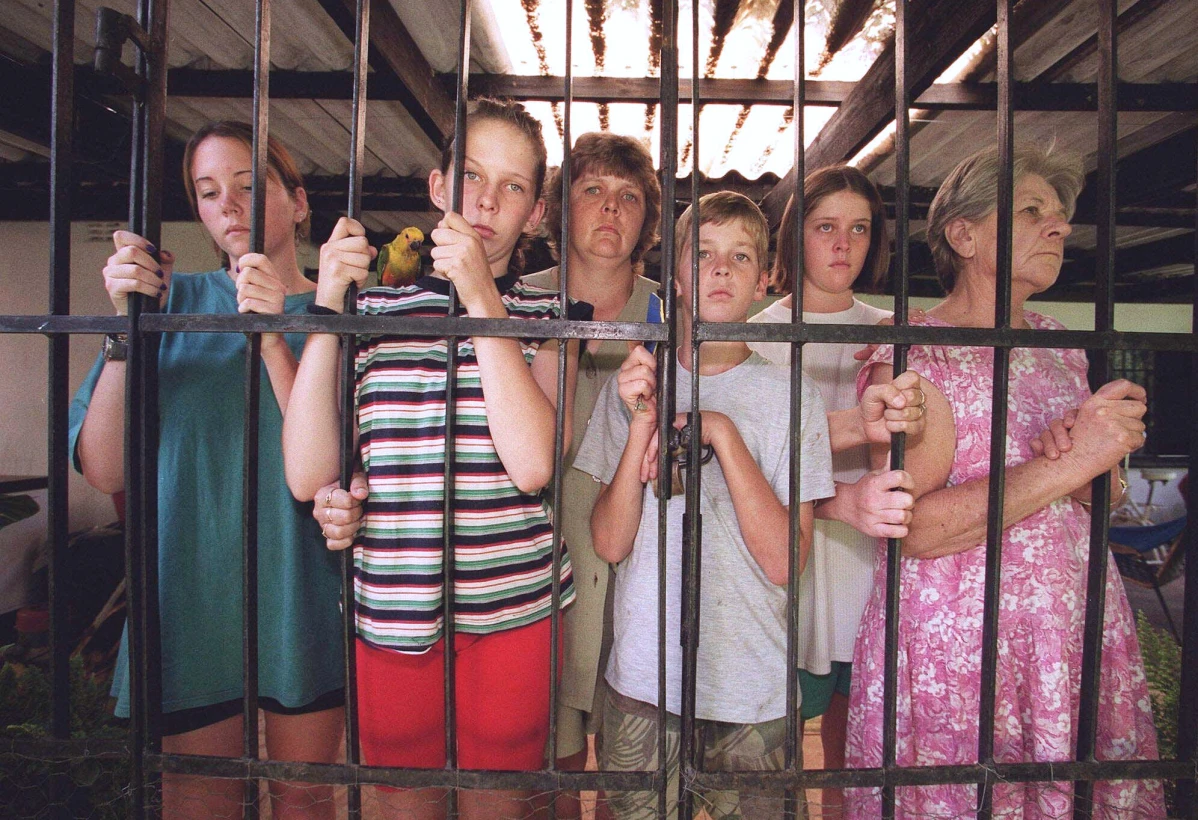HARARE – Vice President Constantino Chiwenga in his capacity as Defence Minister, and not President Emmerson Mnangagwa, deployed soldiers who shot and killed at least six civilians during opposition protests on the streets of Harare on August 1, a Harare High Court judge has ruled.
Justice David Mangota made the controversial finding as he dismissed an application by the sister of one of the shooting victims and the Counselling Services Unit challenging Mnangagwa’s appointment of a Commission of Inquiry into the killings on the basis that he was conflicted because he had authorised the army’s deployment and therefore he would appoint commission members who are more likely going to be biased in his favour.
They also argued that when Mnangagwa announced the appointment of the commission on August 29, he did so without consulting the Cabinet as envisaged in Section 88 of the Constitution. At the time, Mnangagwa was a President-elect and no Cabinet had been announced.
Justice Mangota, in his judgment dated November 7, said there was an exception to the requirement to consult Cabinet in Subsection (2) of Section 110 of the Constitution.
Mnangagwa’s announcement was also merely a statement of intent, the judge said, and the Commission chaired by former South African President Kgalema Motlanthe was only legally appointed on September 14, three days after the swearing in of the Cabinet.
But in a contentious finding, Justice Mangota said troops can be deployed within Zimbabwe without the President’s approval. Whereas the Constitution states that the President can deploy troops within and outside Zimbabwe, his view was that Mnangagwa had not done so on August 1.
Said the judge: “An effortless reading of Section 213 of the Constitution shows that the President has the power to deploy members of the defence forces within or without Zimbabwe. The question which begs the answer is did he exercise the power which the constitution confers upon him on August 1, 2018.
“If he did, then the applicants’ assertion which is to the effect that he is conflicted holds. If he did not, the applicants’ statement contains a fallacy which must be unearthed, examined and disposed of.”
In his view, the events of August 1 had unfolded “in a manner which is as clear as night follows day.”
In a six-part timeline presented in his judgment, Justice Mangota says that a commotion started in central Harare; the police officer in charge of the district made an assessment measured against the strength of his personnel; the officer advised the Police Commissioner General (Godwin Matanga) of the situation; the Commissioner General approached the Home Affairs Minister (Obert Mpofu) who supervises the police; the Home Affairs Minister then approached his counterpart in the Ministry of Defence (Chiwenga) who in turn “dispatched members of the defence forces who worked under the command of the regulating authority (district police chief) of Harare.”
The judge said this was by operation of the Public Order and Security Act Section 37(1) which can be invoked by the Police Commissioner General.
“The above stated matters expose the incorrectness of the applicants’ syllogism. They proceed on the premise that, because the Constitution confers power on the President to deploy, he deployed members of the defence forces on August 1. The correct position of the matter is that he did not,” the judge said.
“Because the President did not deploy, he is not conflicted as the applicants would have the court believe.”
The judge’s finding of fact will complicate the work of the Motlanthe Commission, which is later this month expected to haul in for interviews the key players in the deployment of the soldiers.
But it also throws sharp focus on Vice President Chiwenga, a former army commander who at the time was also doubling up as Defence Minister before a new Cabinet was sworn-in. Justice Mangota left it open to challenge the legality of the deployment of the soldiers.
“It is a matter for argument for another day for someone to suggest that the Police Commissioner General and the Minister under whose supervision he operates violated Section 214(a) of the Constitution,” he said.
Allison Charles’ brother Gavin Dean Charles died from a soldier’s bullet, one of at least six people killed when soldiers opened fire indiscriminately on opposition supporters marching through Harare demanding the prompt release of Presidential Election results after voting on July 30.
















